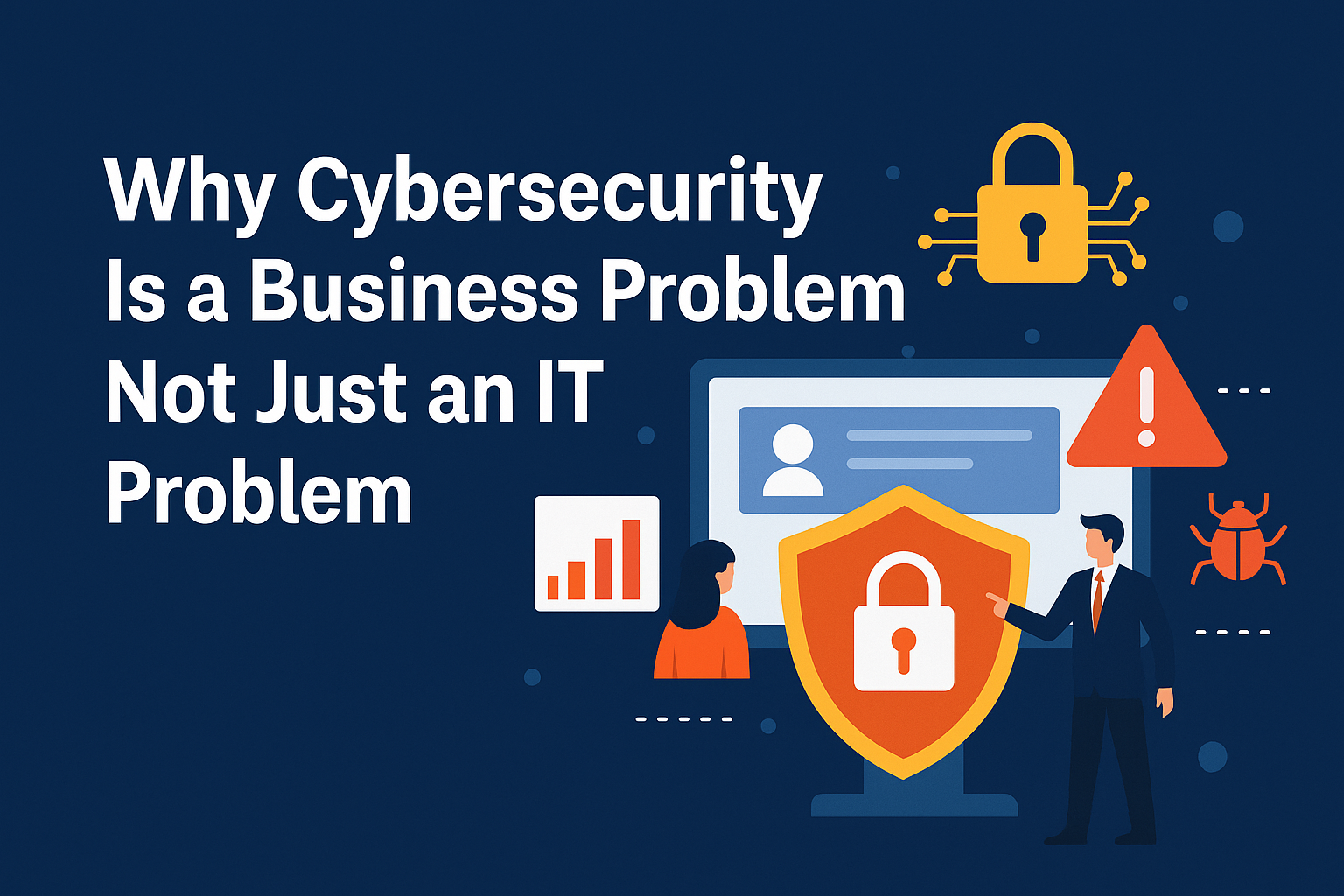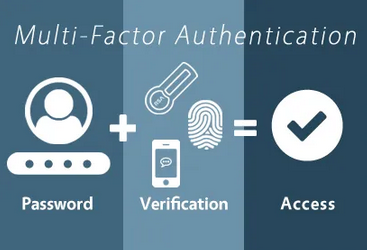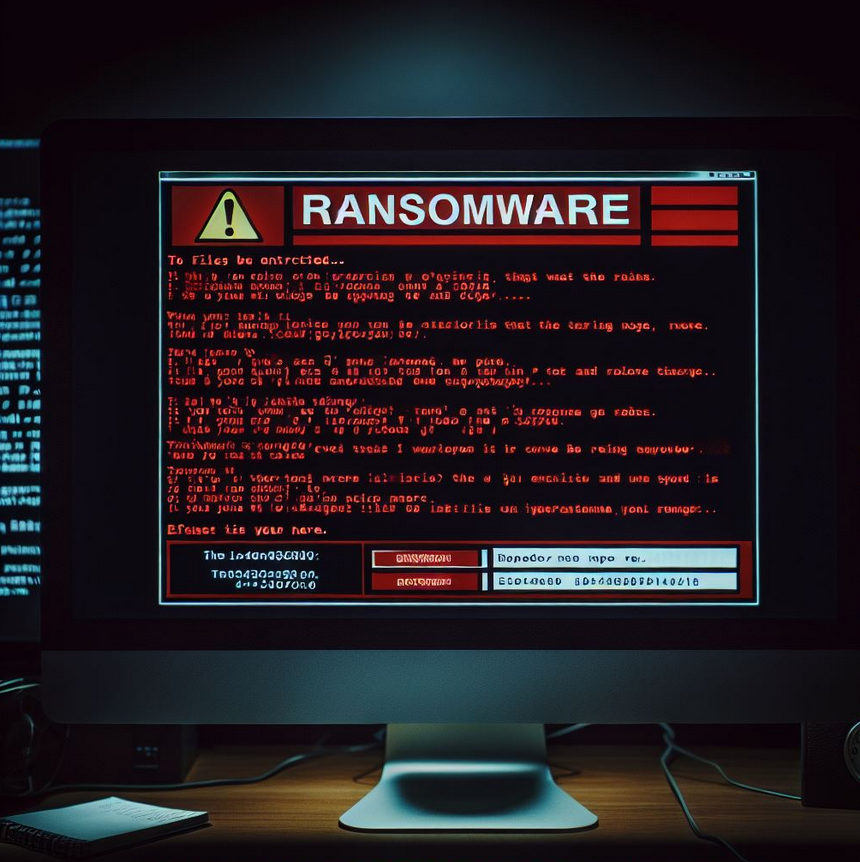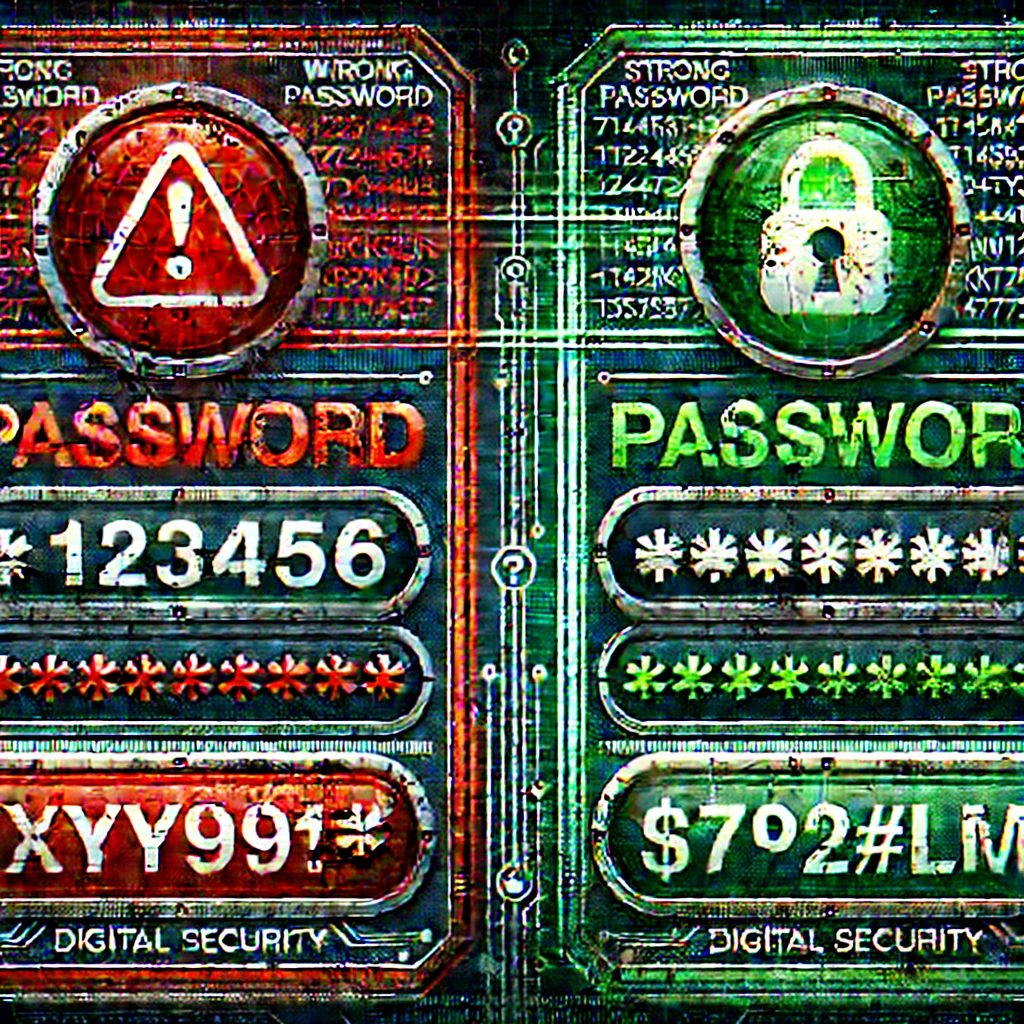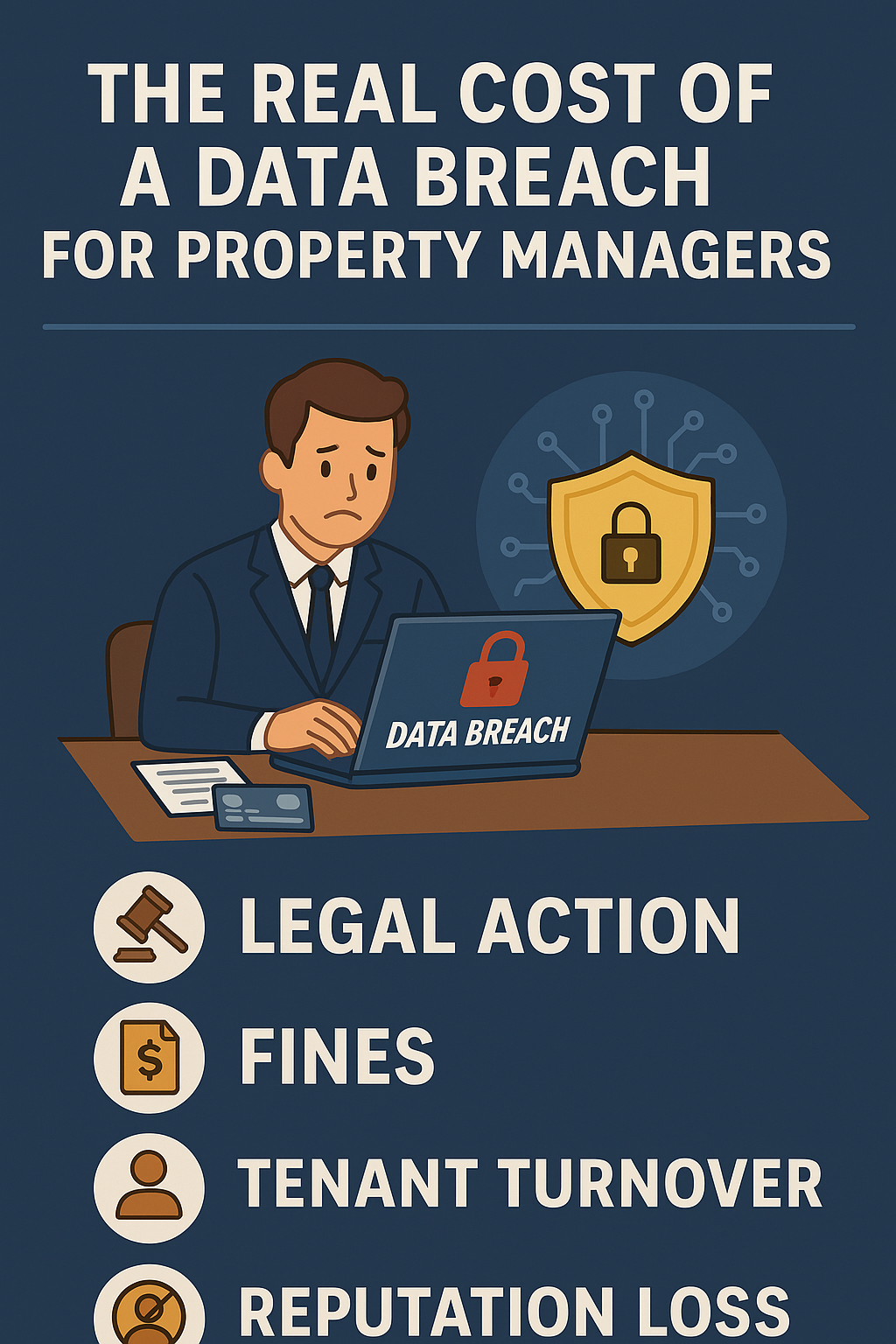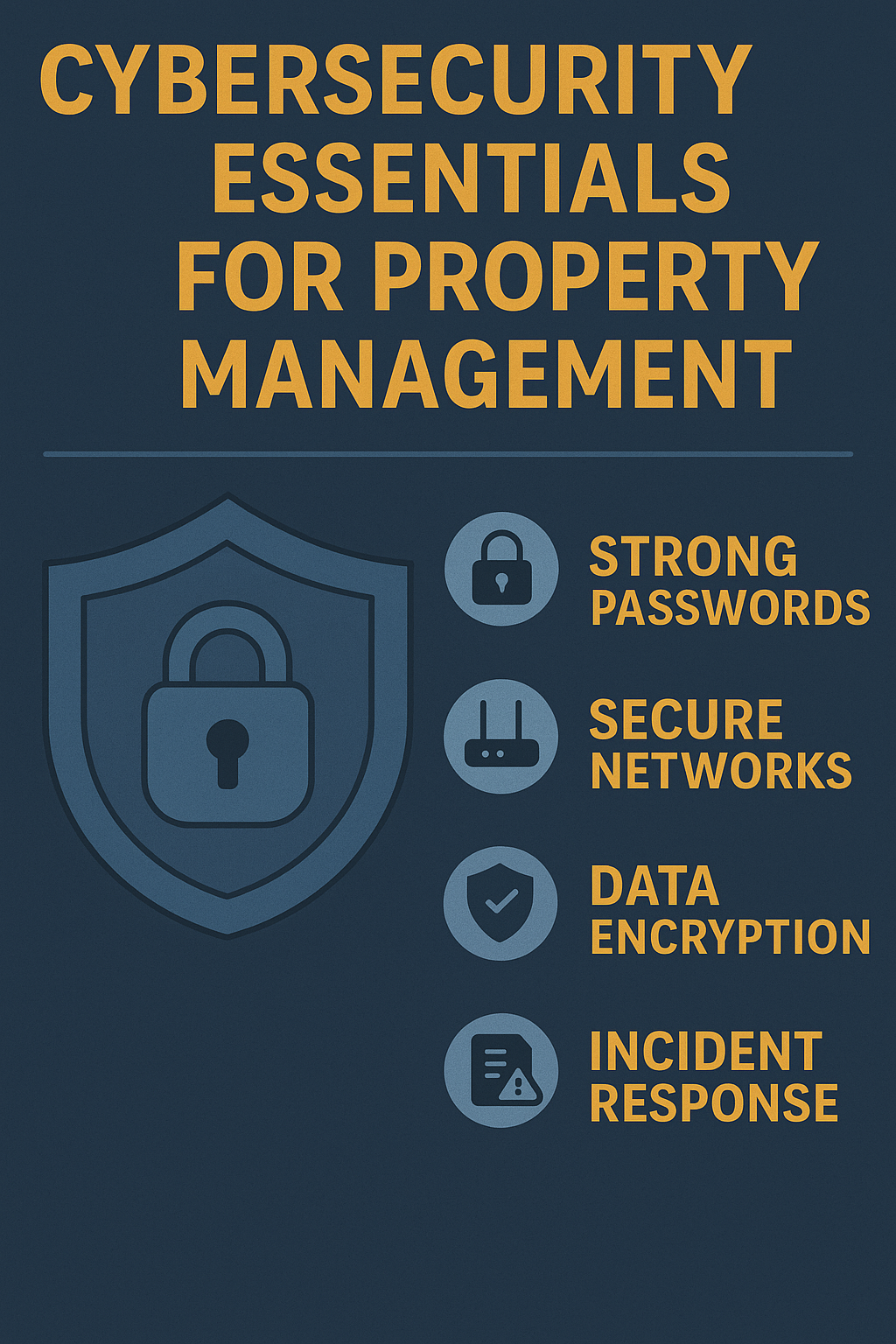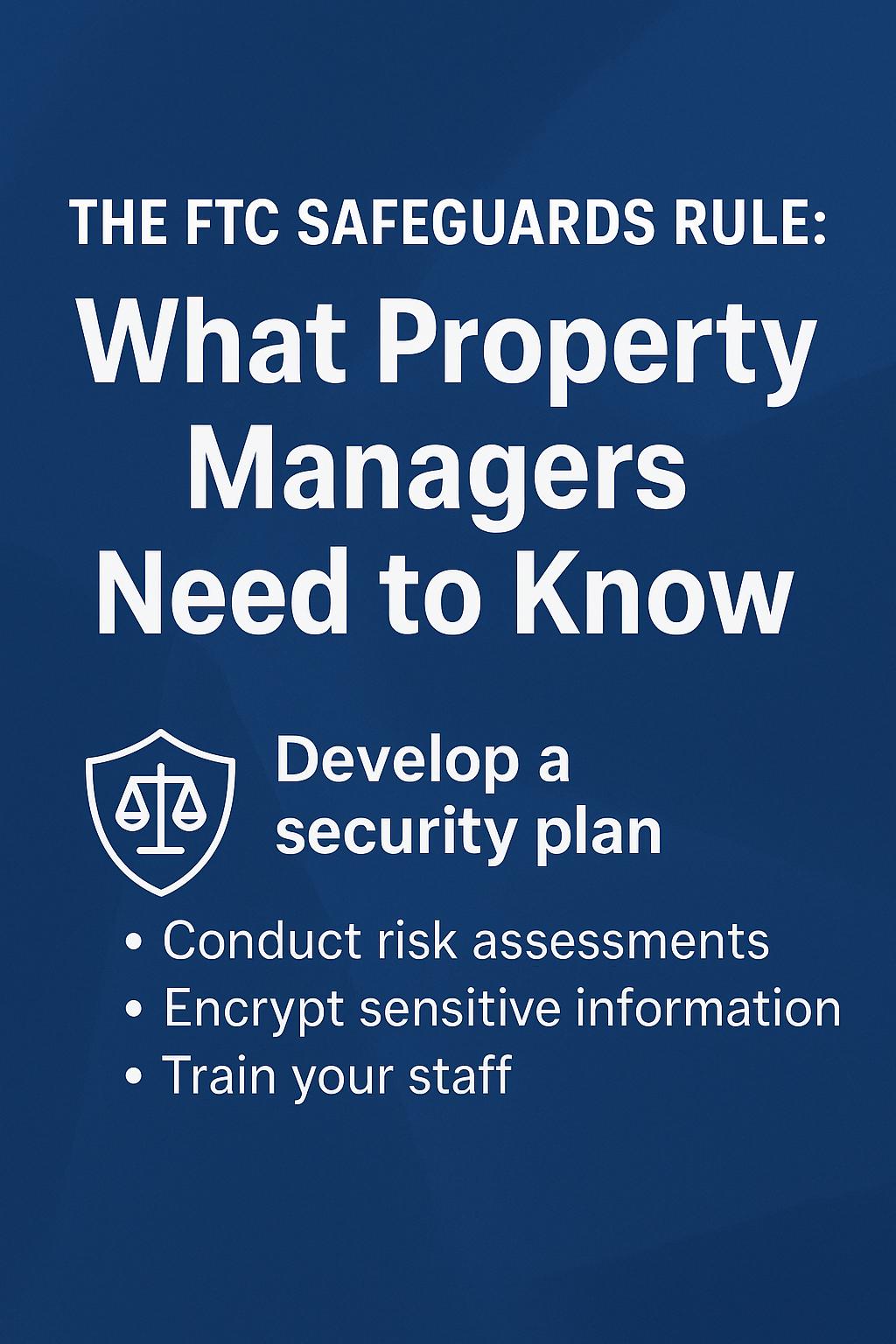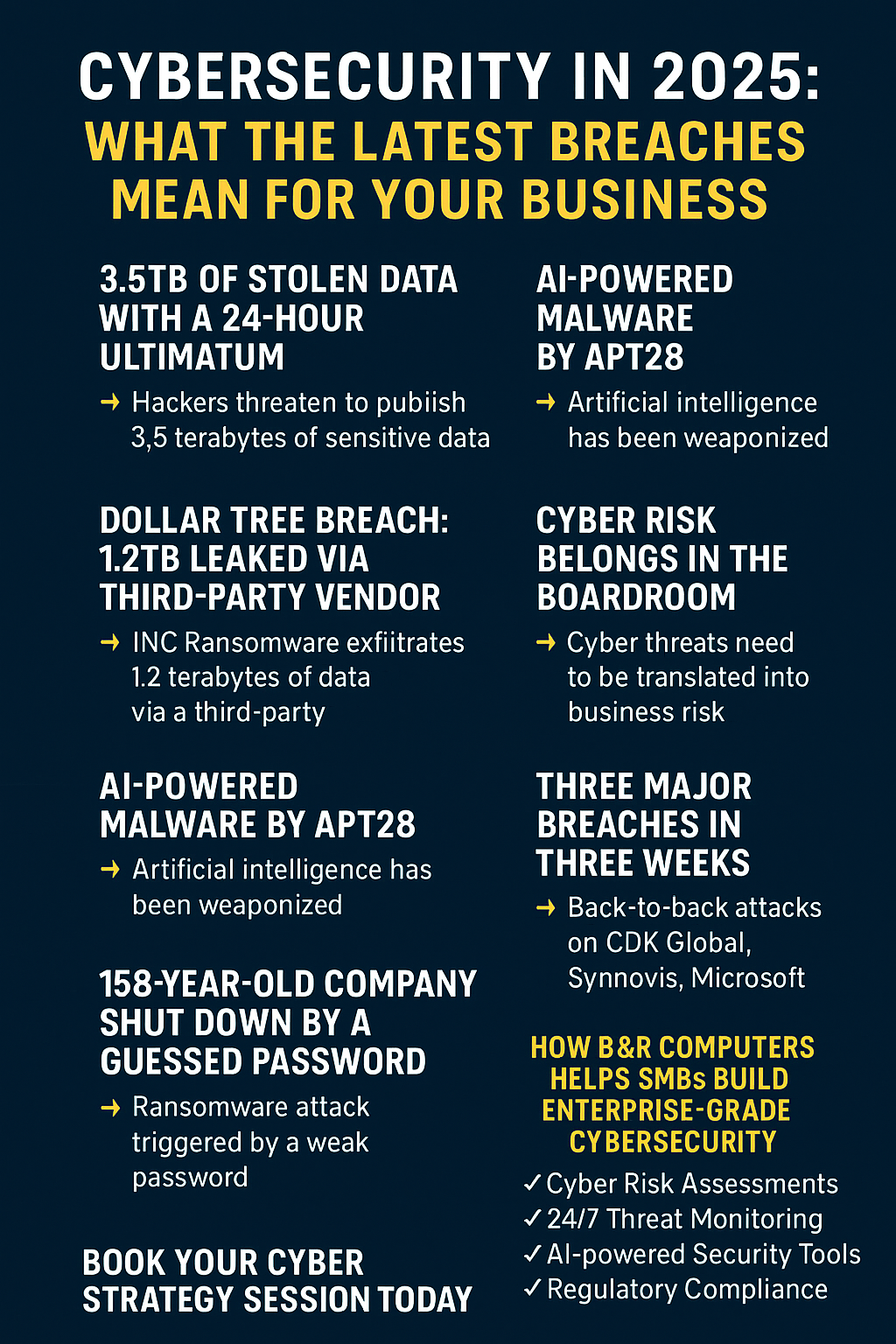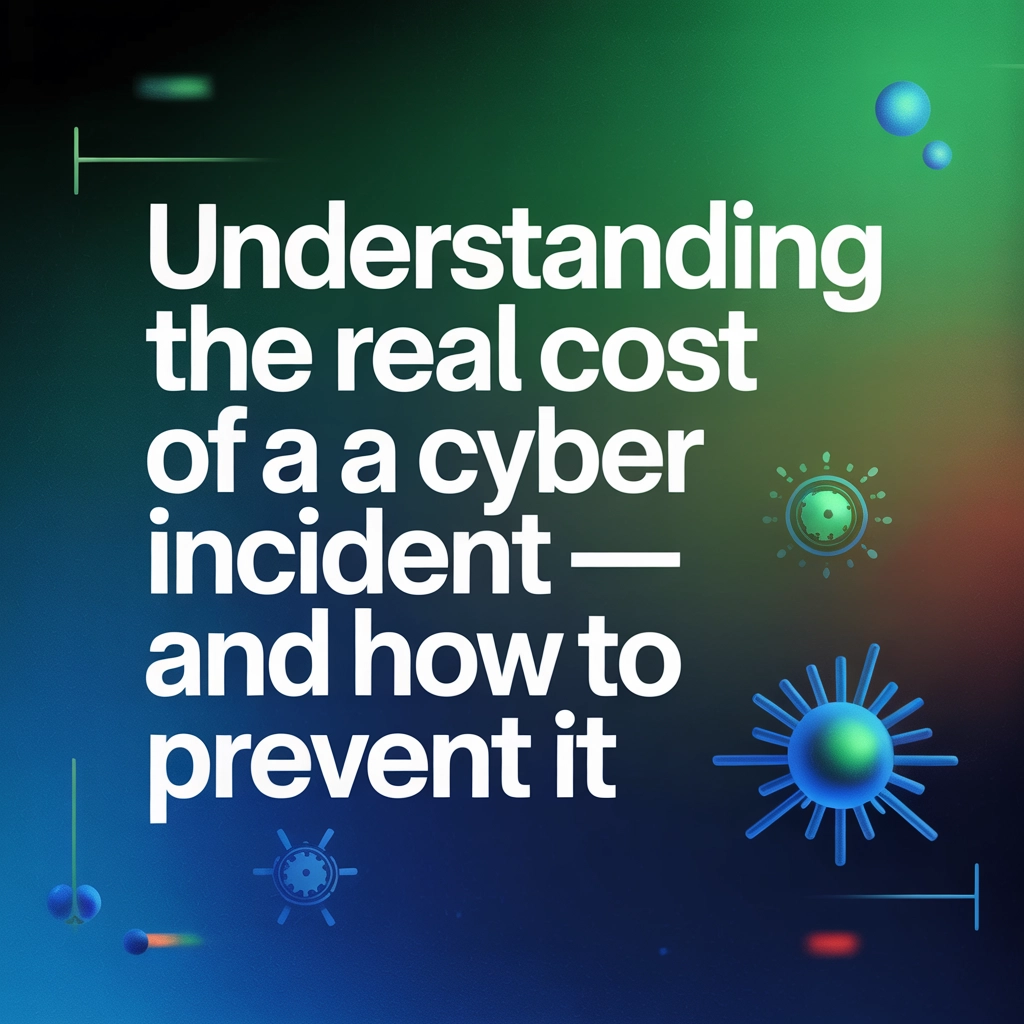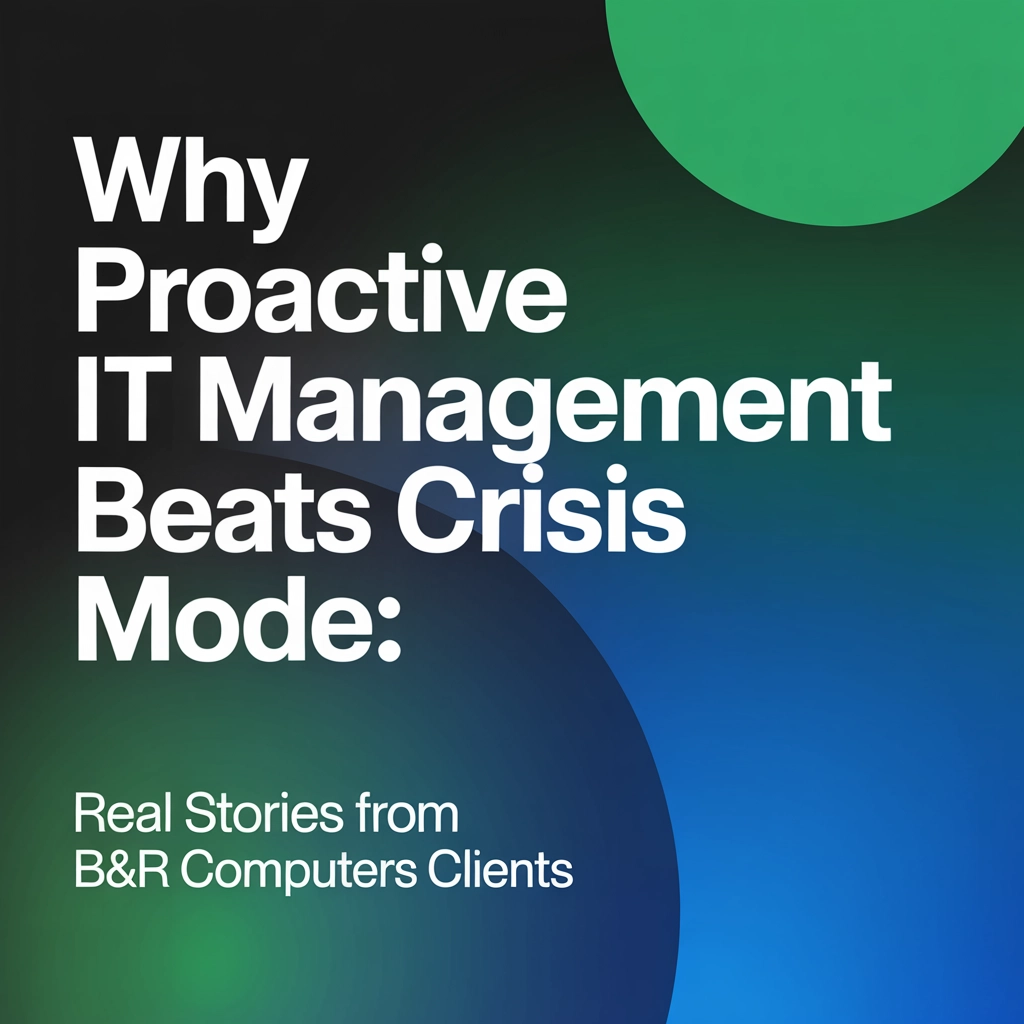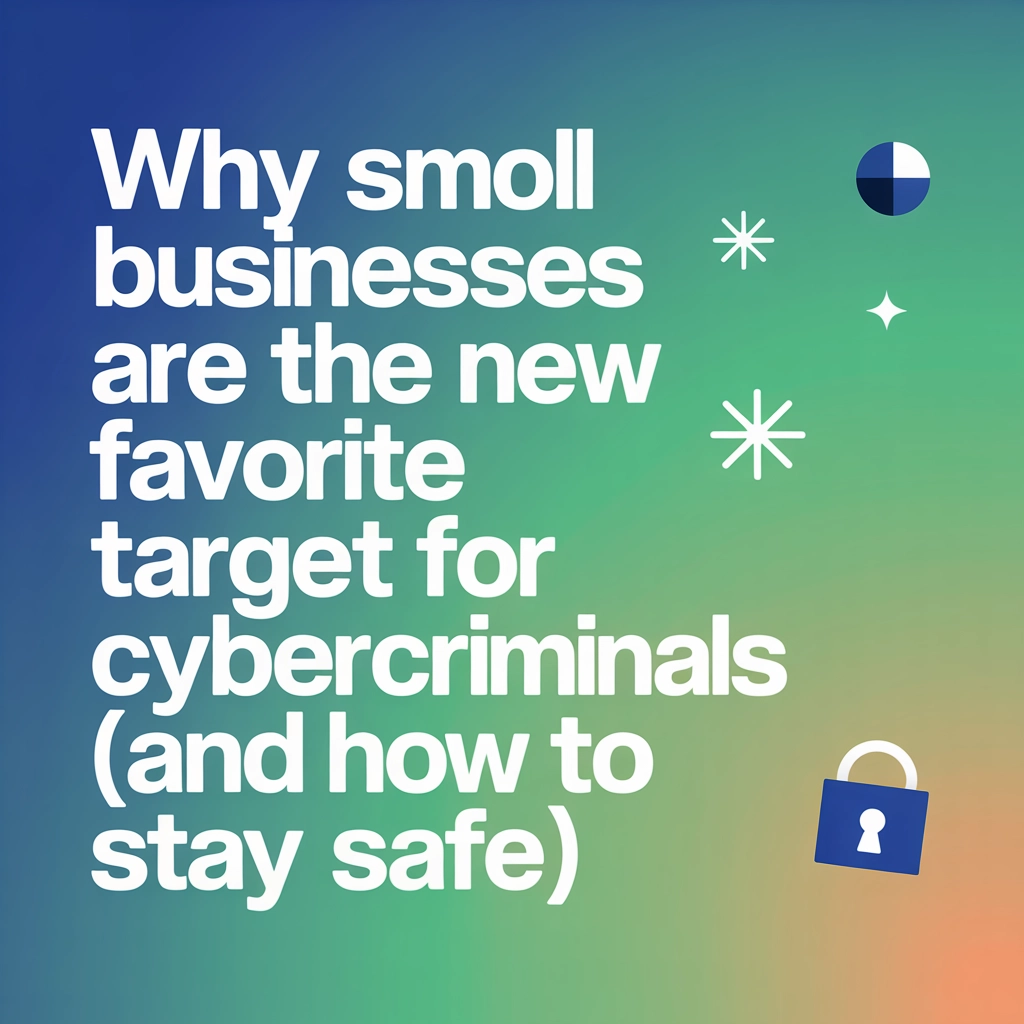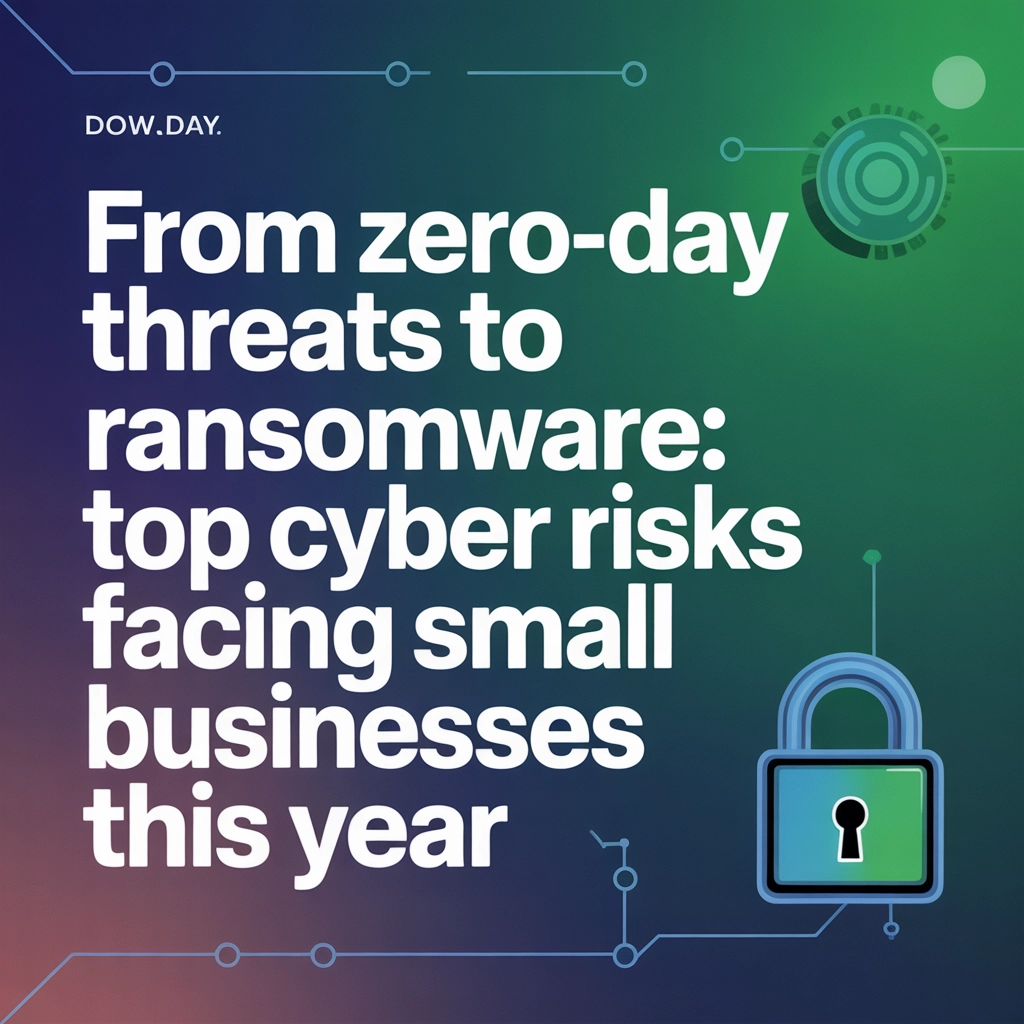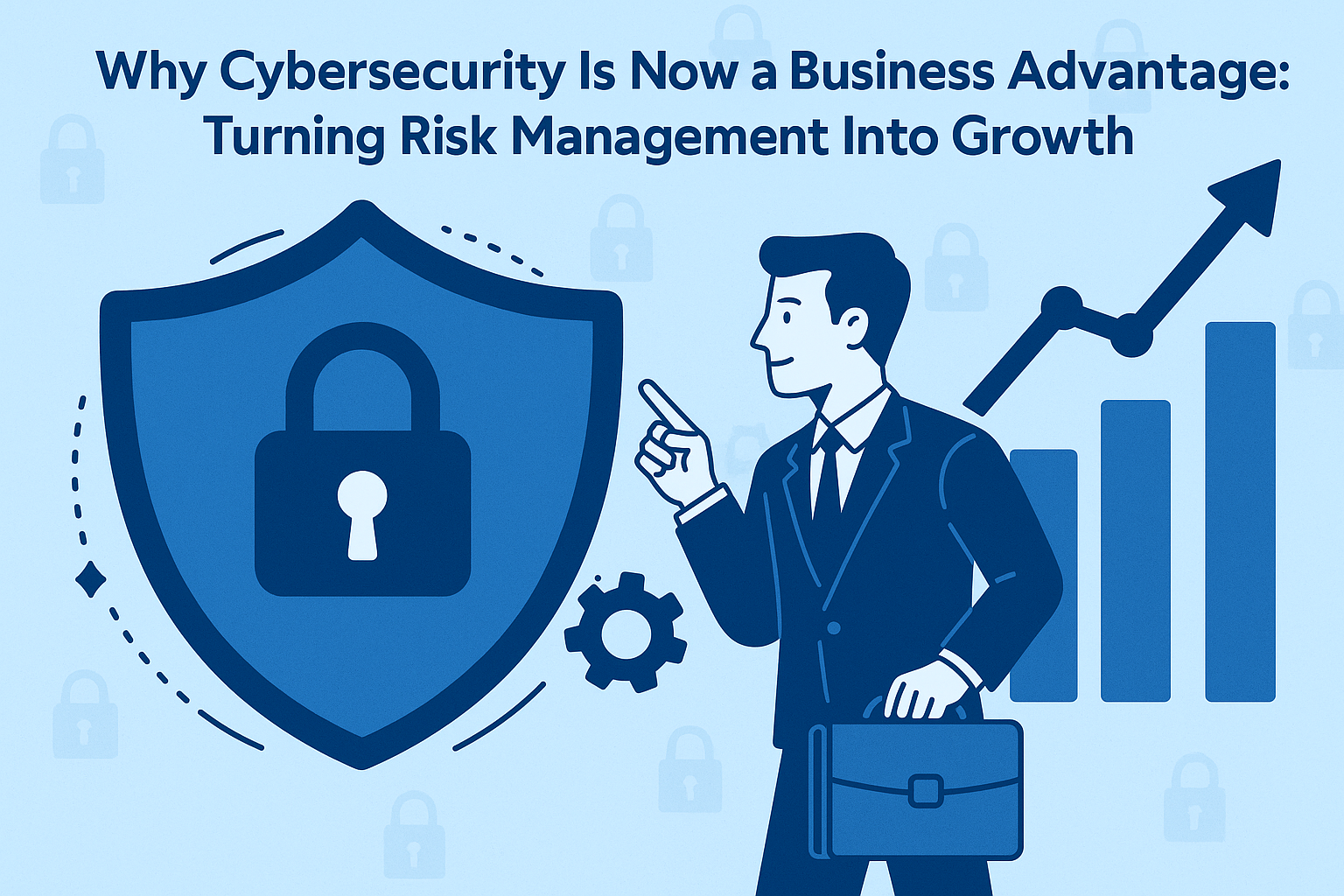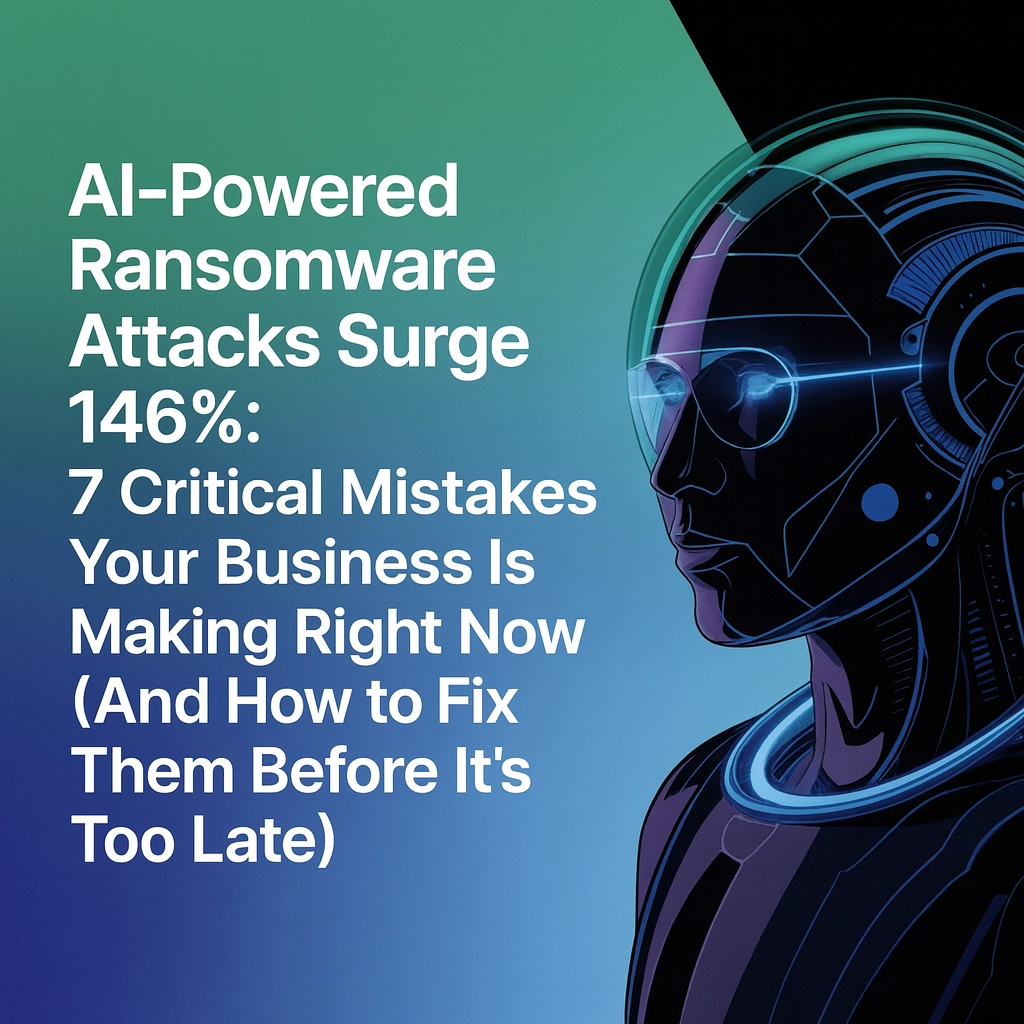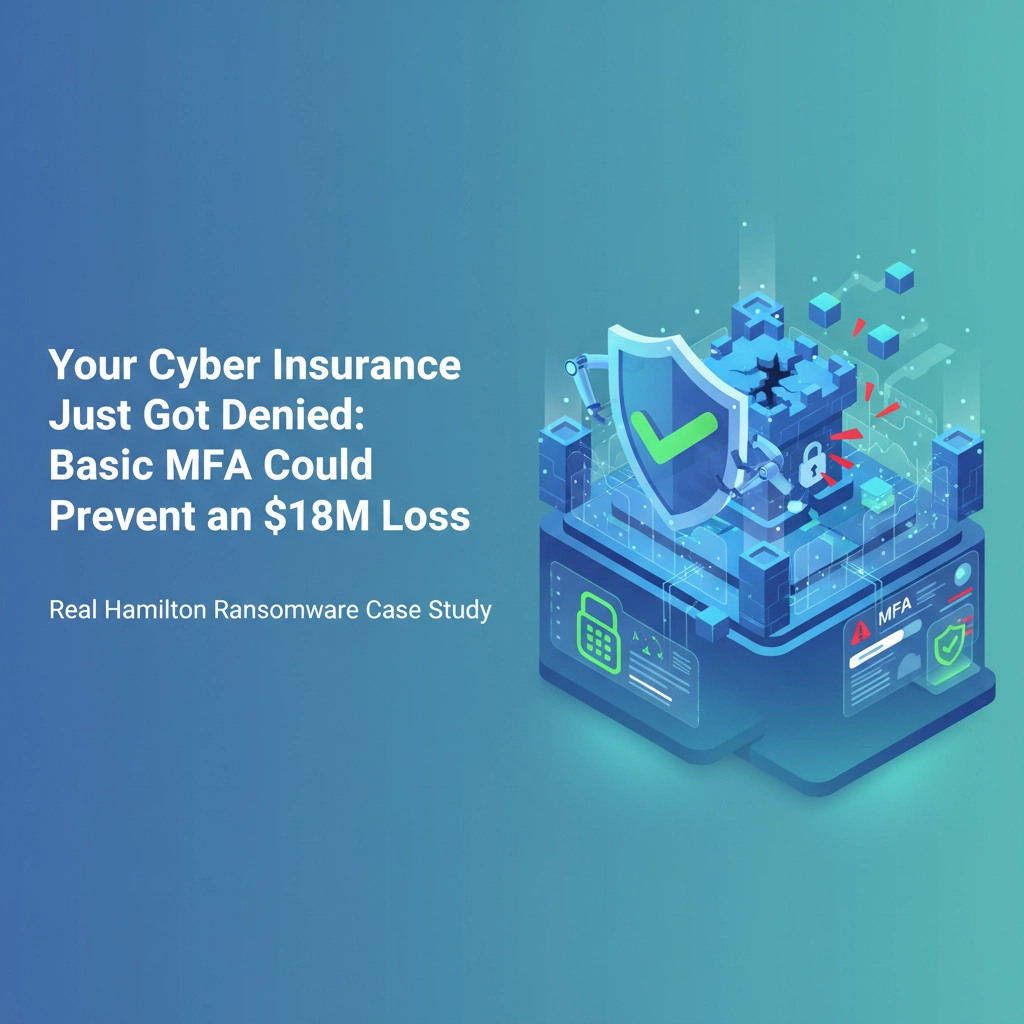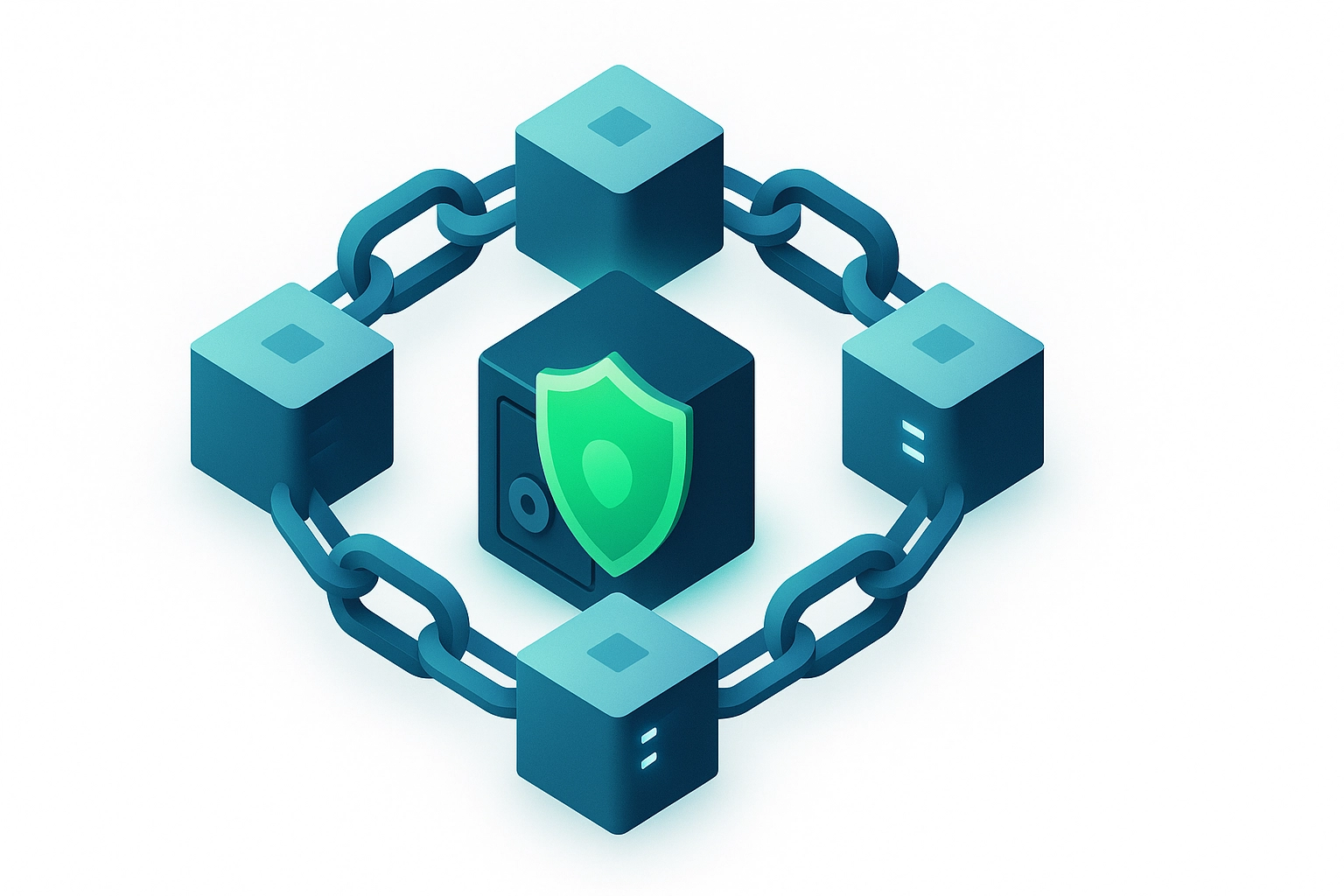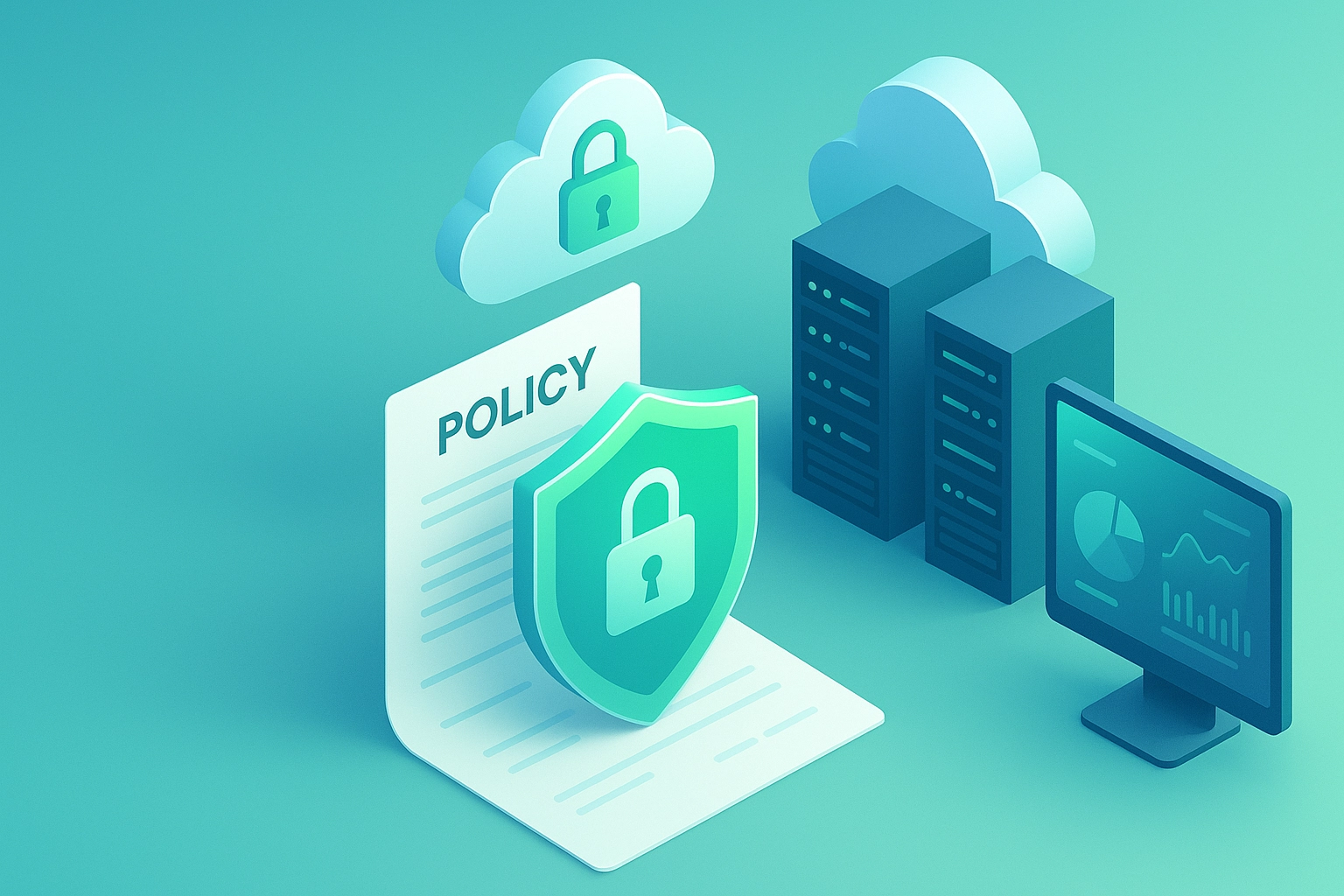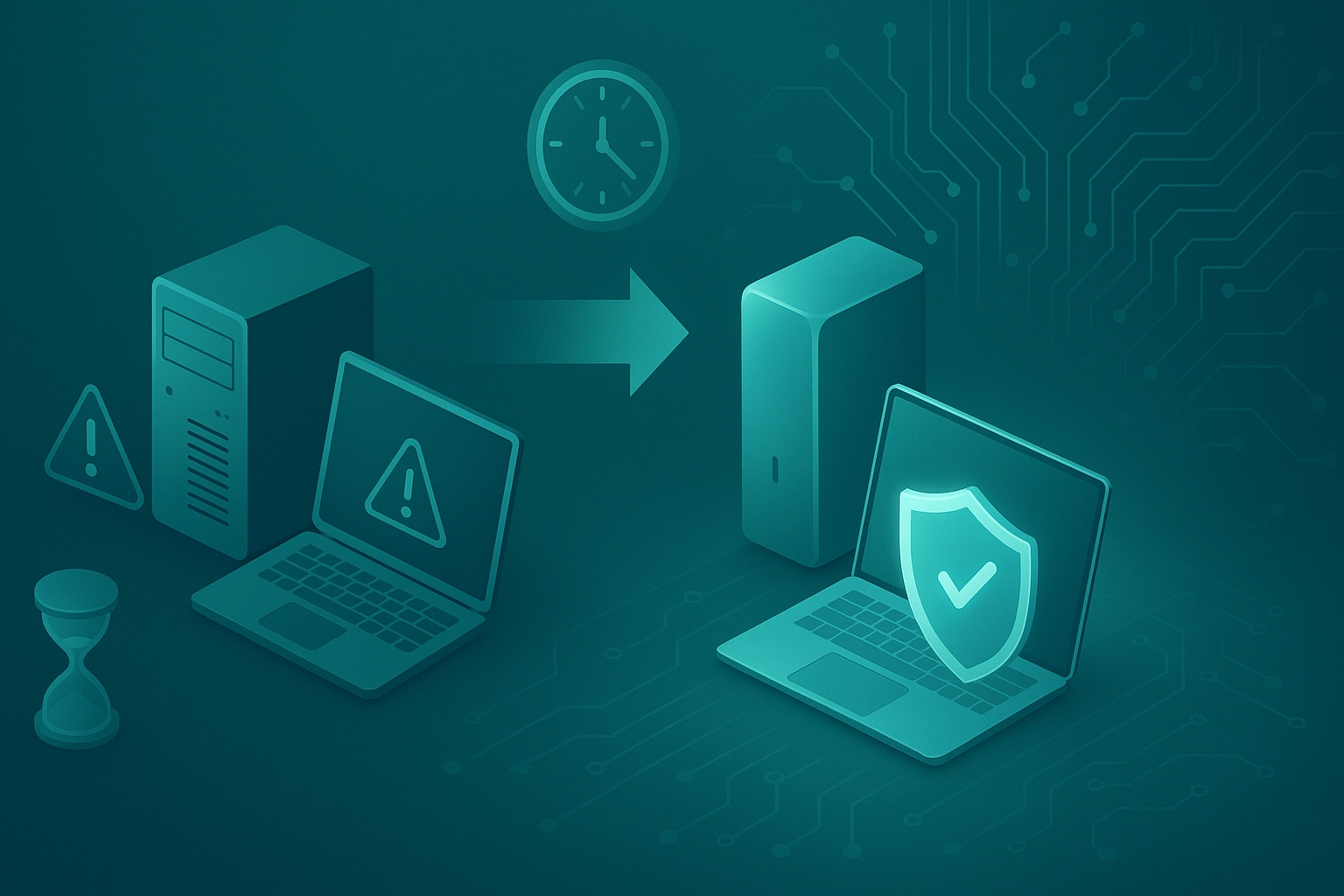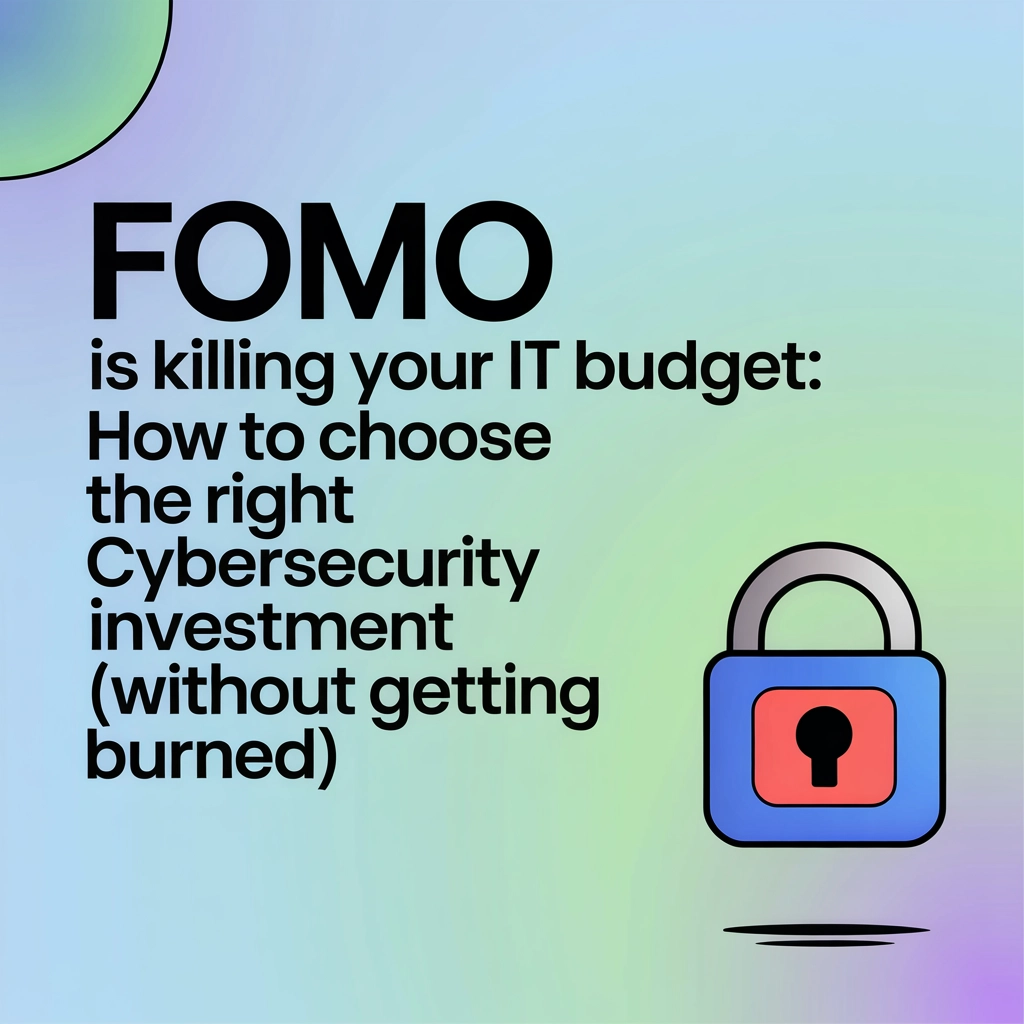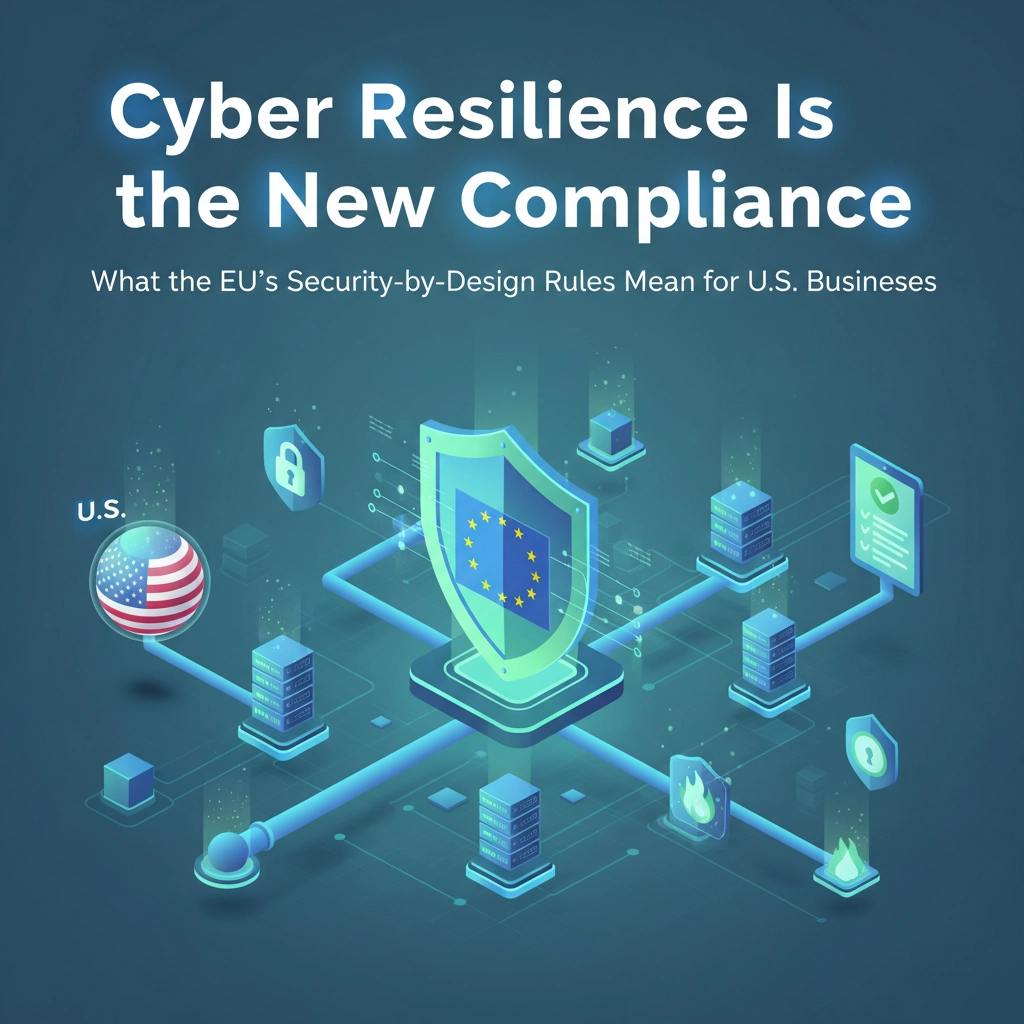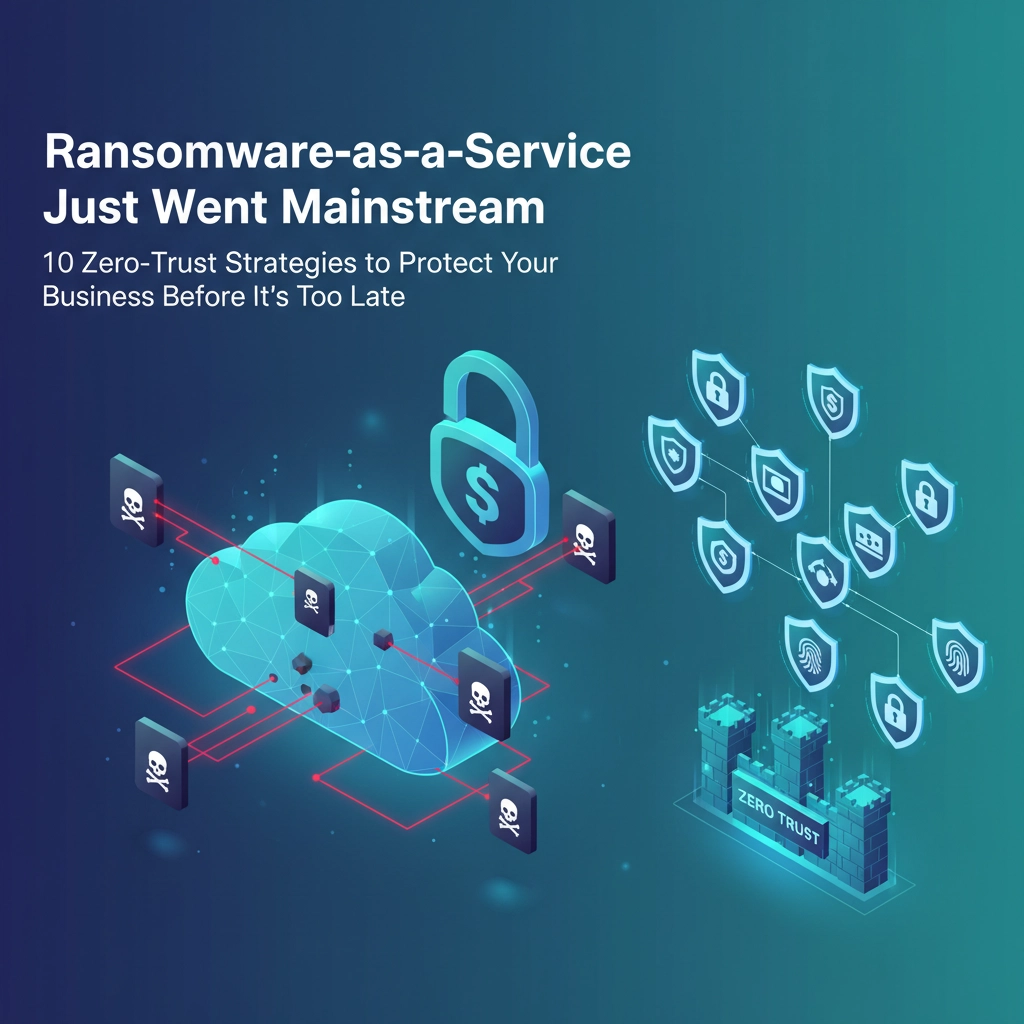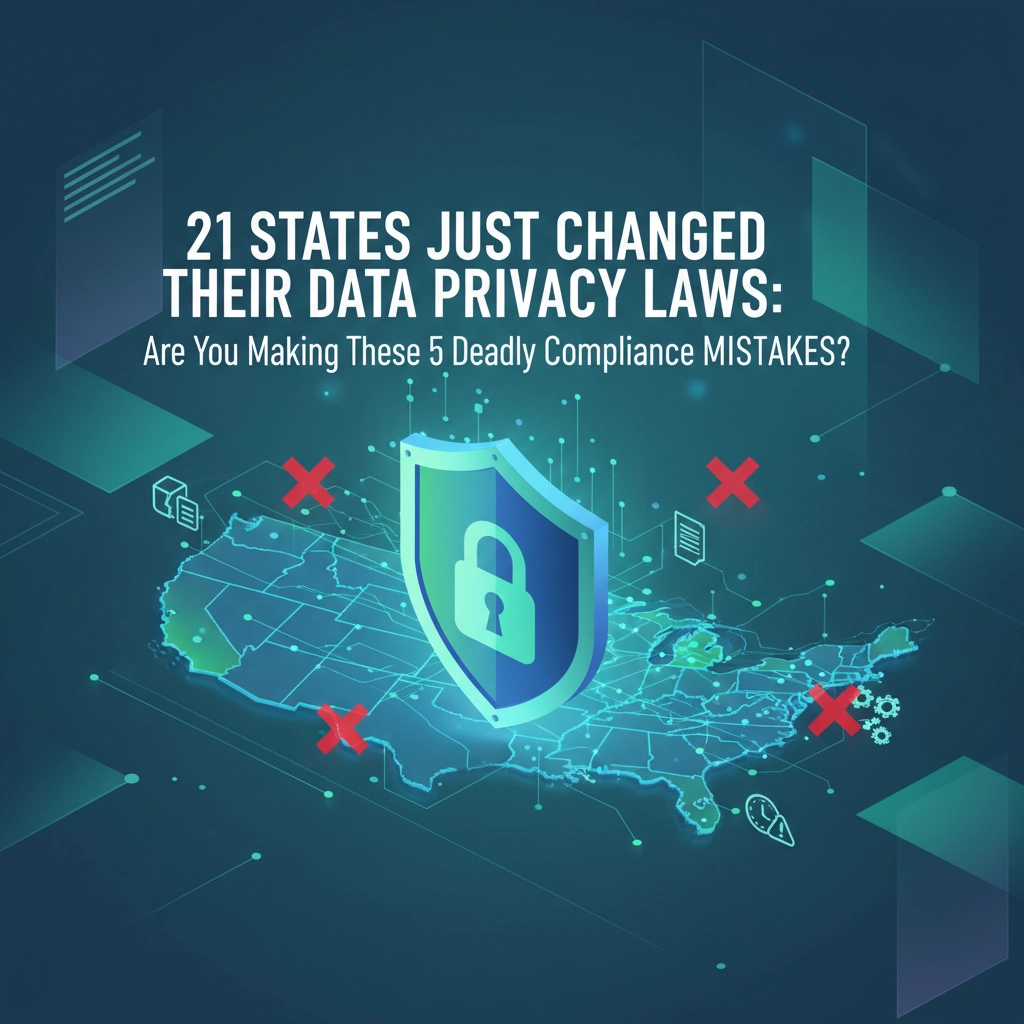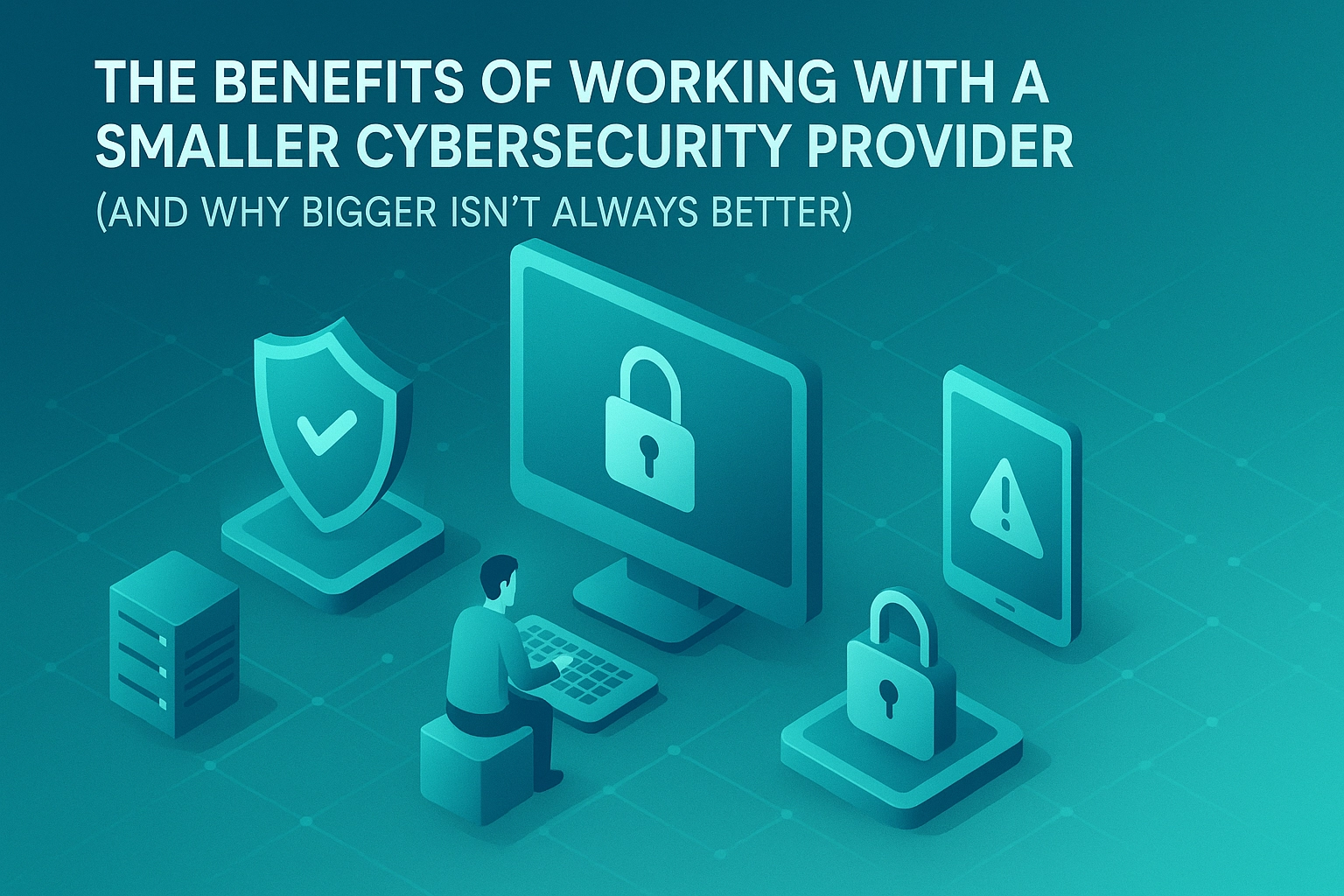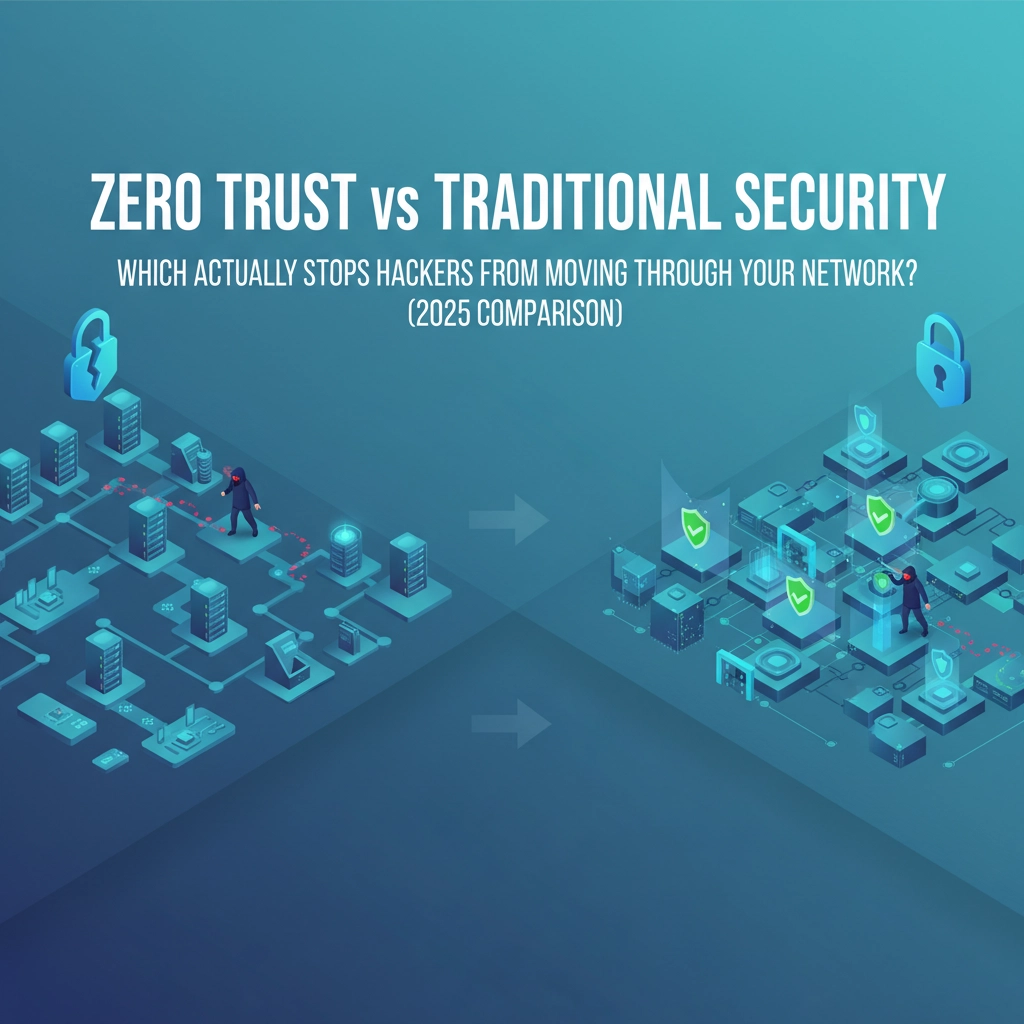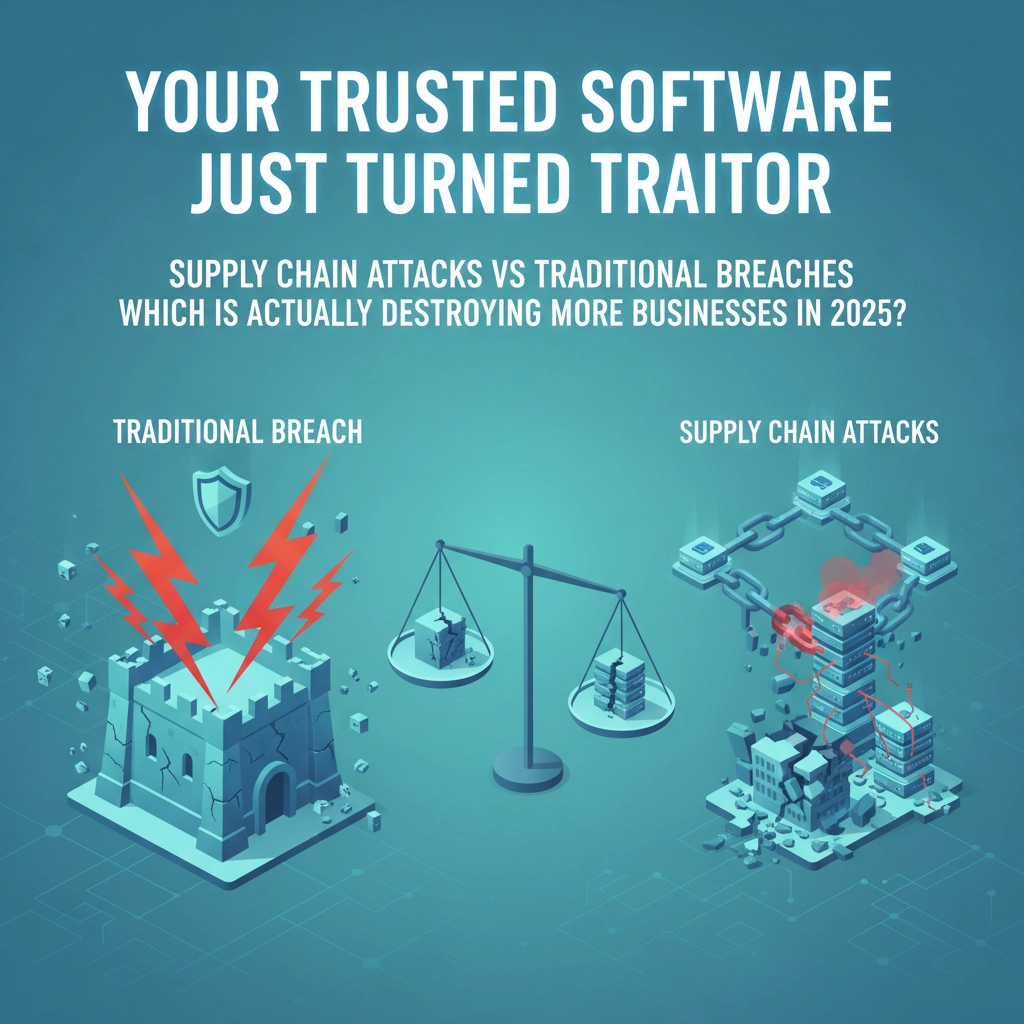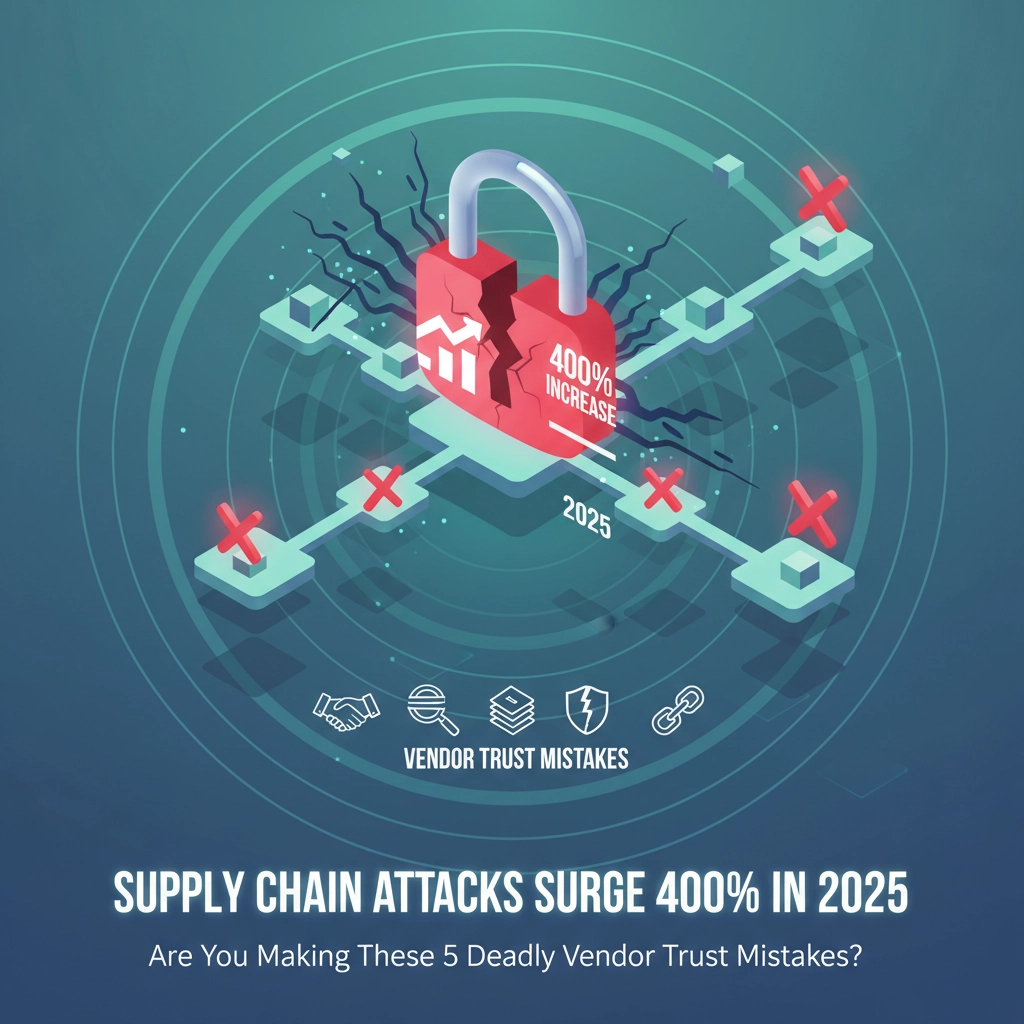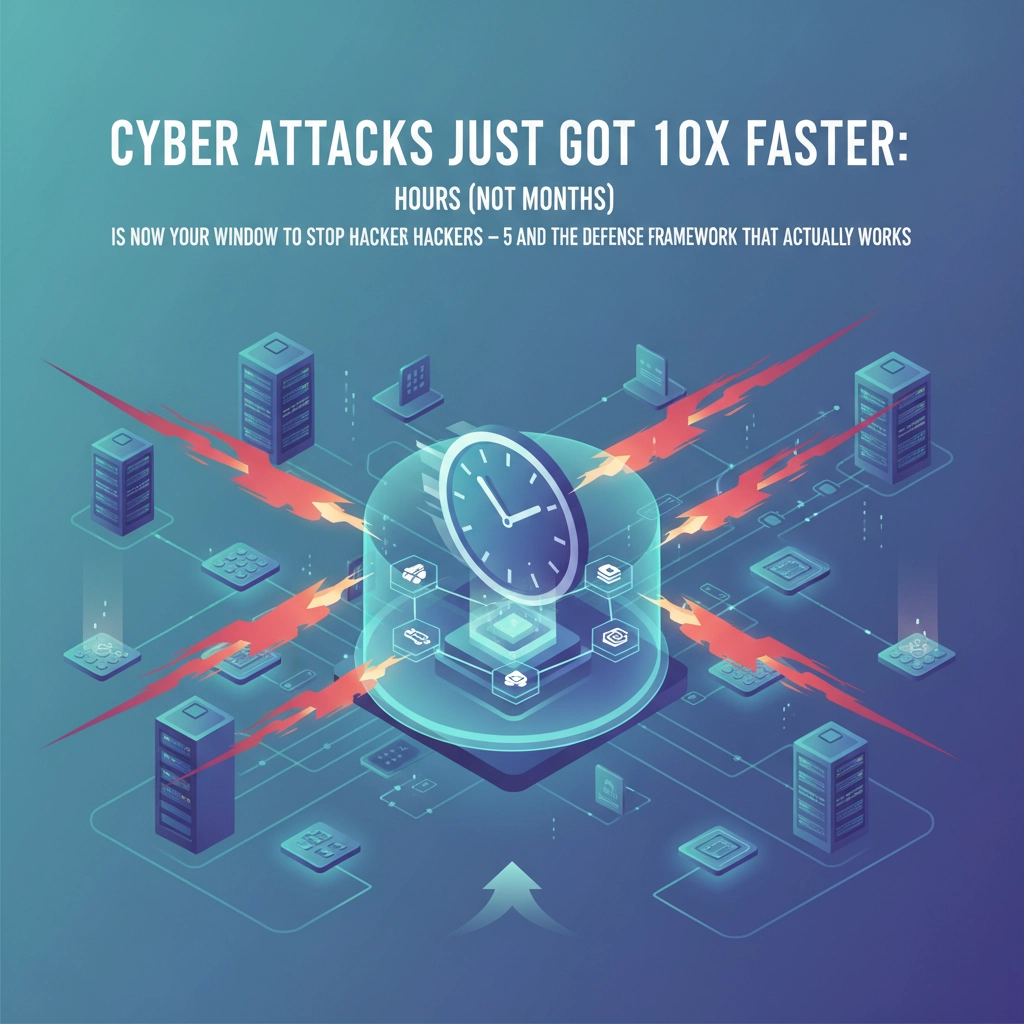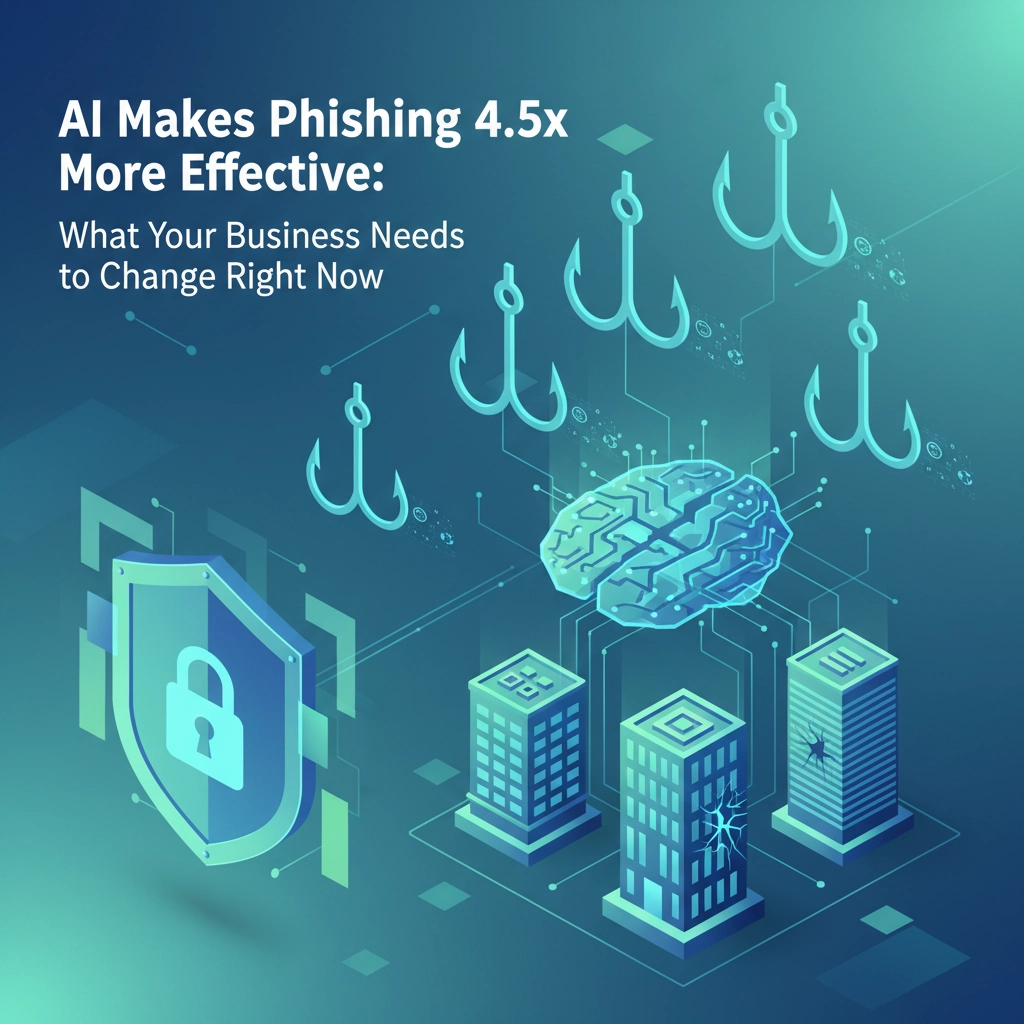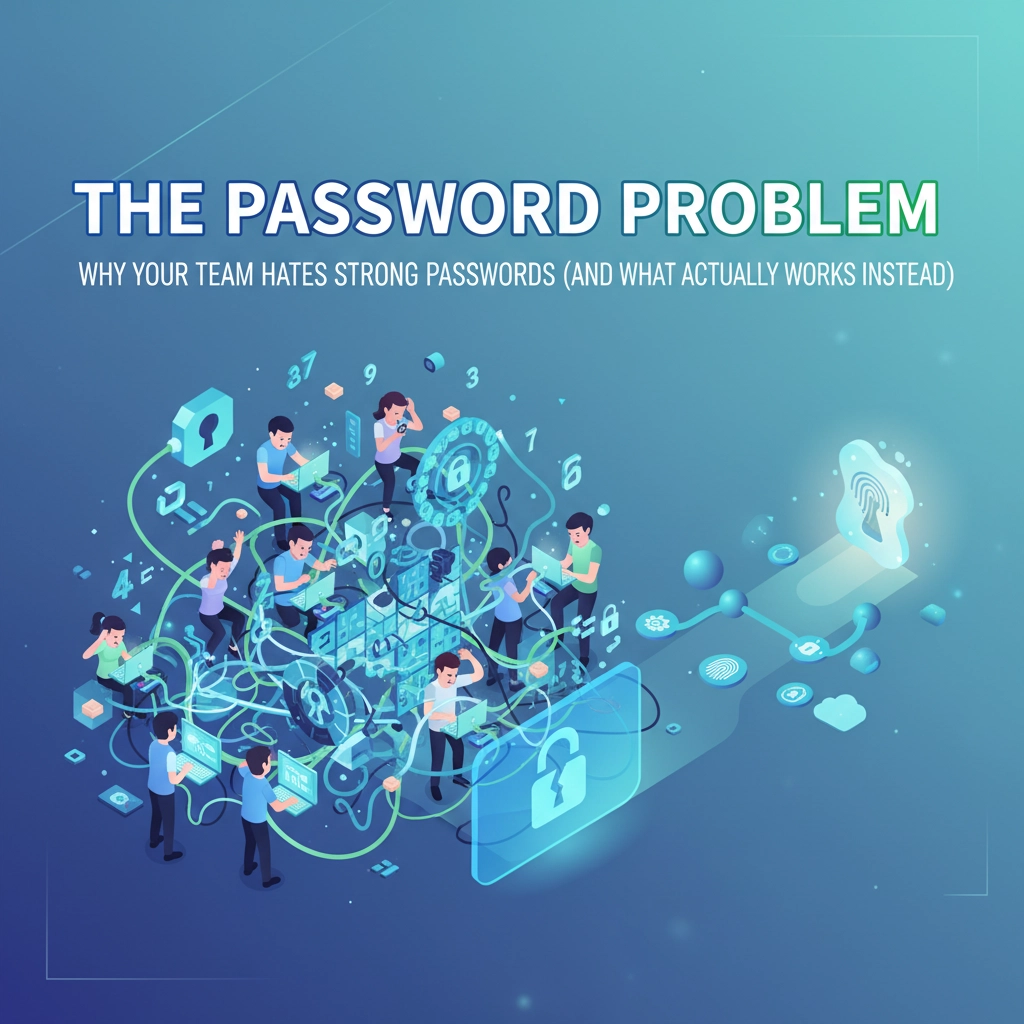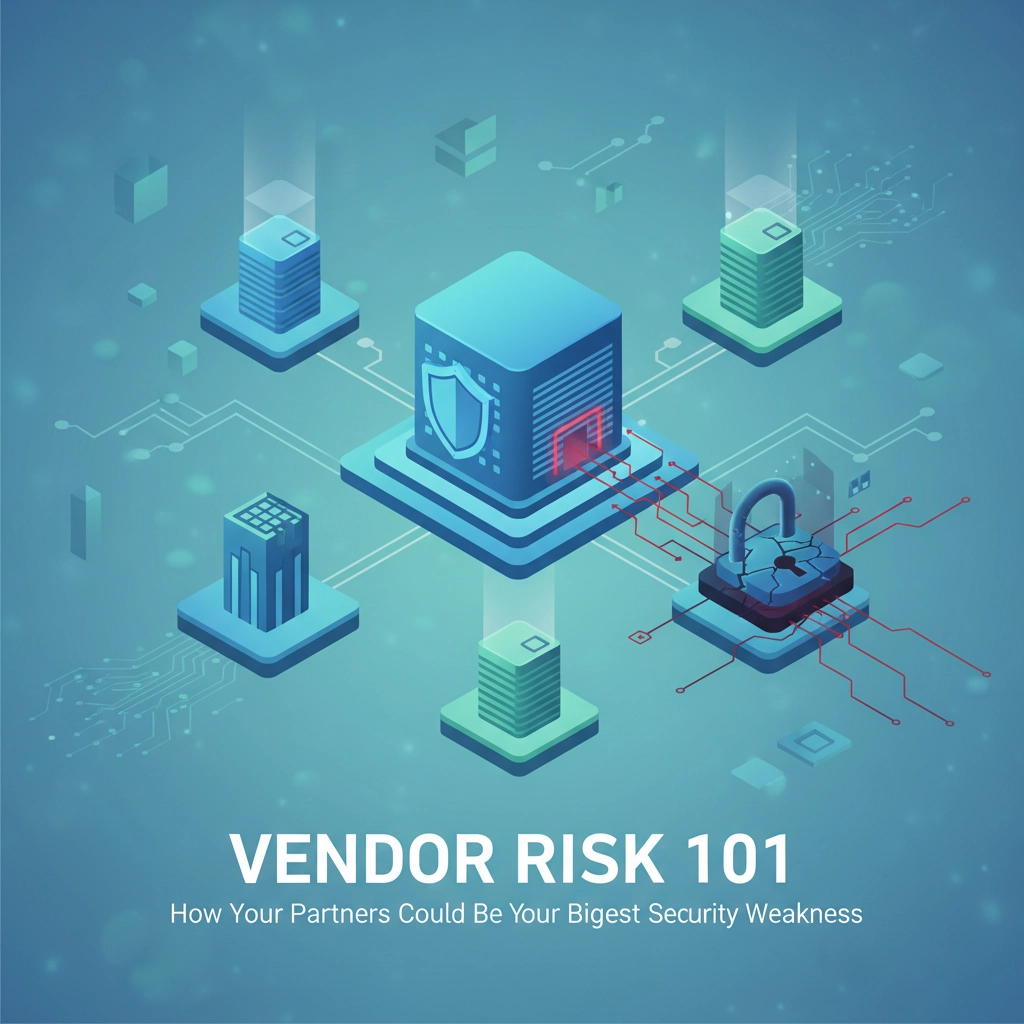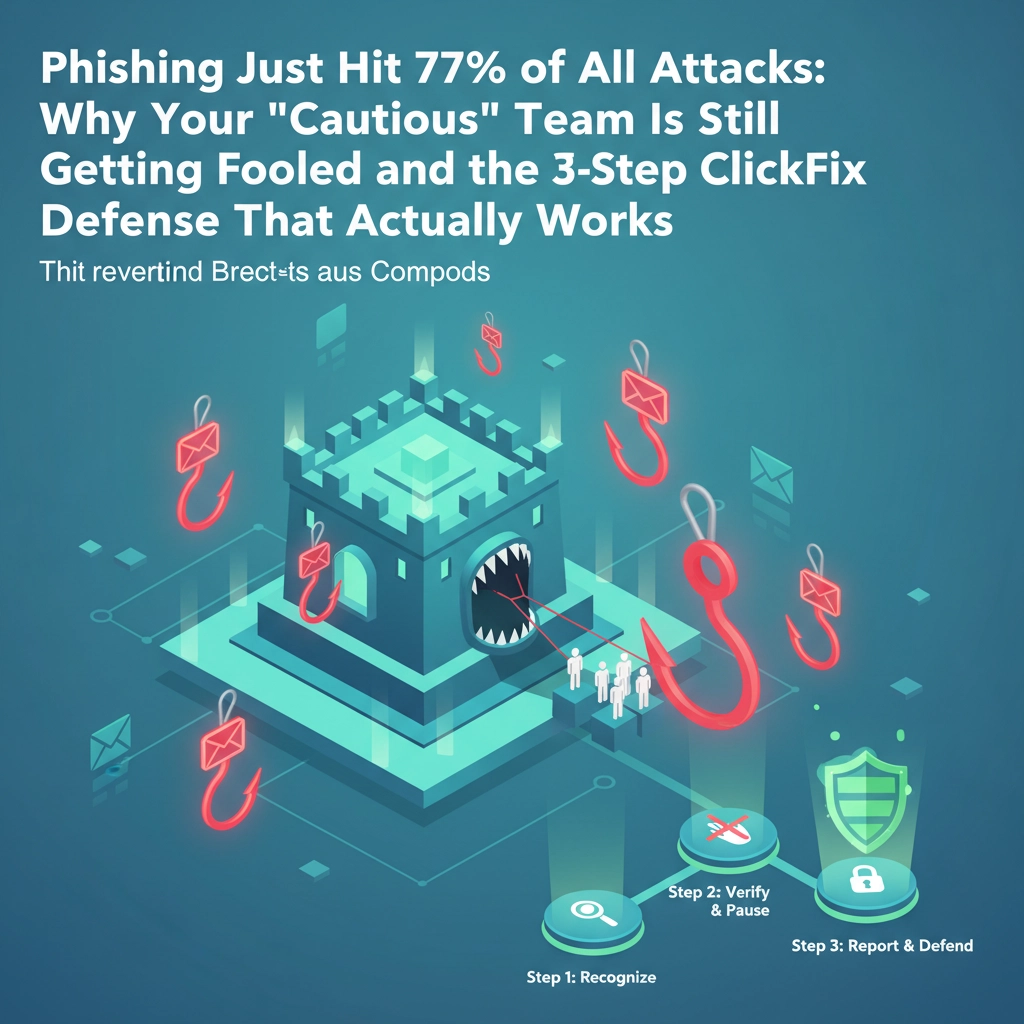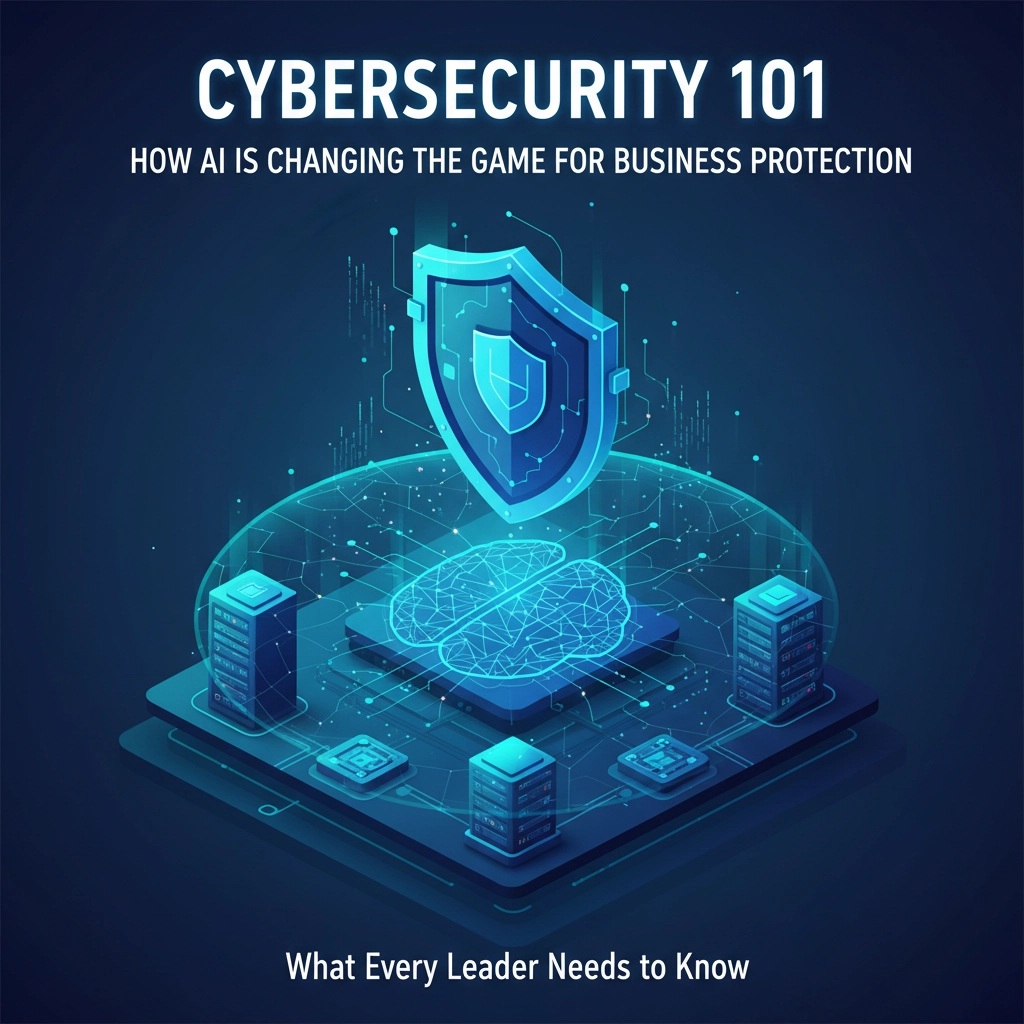In today’s hyper-connected world, cybersecurity is no longer just an IT concern — it’s a critical business issue.
Many business owners assume that protecting their data and systems is something the IT department can handle in isolation. But the reality is that cyberattacks don’t just crash computers — they can cripple your operations, damage your reputation, and even put you out of business.
Here’s why every business leader should treat cybersecurity as a core part of their business strategy — not just a technical issue.
1. Cybersecurity Risks Impact the Entire Business
A single data breach or ransomware attack doesn’t just inconvenience your IT staff — it affects your ability to serve customers, meet regulatory requirements, and generate revenue.
According to the Verizon Data Breach Investigations Report, 61% of small to mid-sized businesses experienced a cyberattack in the past year. Of those, nearly 60% went out of business within six months due to the costs of recovery and reputational damage.
Whether it’s customer trust, compliance fines, or downtime, the consequences of weak cybersecurity ripple across all departments — from finance to marketing to HR.
2. Human Error Is the #1 Cause of Breaches
IT can install firewalls and anti-virus software, but that won’t stop an employee from clicking a malicious email link or reusing passwords across platforms.
This is why cybersecurity awareness training for all employees — not just IT staff — is crucial.
Every employee with access to your systems is a potential target. Business leaders must set the tone from the top and make cybersecurity part of the organizational culture.
3. Cybersecurity Is About Risk Management, Not Just Technology
At its core, cybersecurity is about identifying, assessing, and mitigating risks — just like any other business function.
You wouldn’t leave financial audits or legal compliance solely to one department without oversight, would you?
The same goes for cybersecurity. It should be part of strategic planning, with executive oversight, budgeting, and clear policies.
Companies with a strong cybersecurity posture see it as a business enabler, giving them a competitive edge and peace of mind.
4. Compliance & Legal Liabilities
With regulations like GDPR, HIPAA, FTC Safeguards Rule, and state-level data privacy laws, businesses are legally obligated to protect customer data.
Noncompliance can lead to hefty fines, lawsuits, and loss of contracts.
This is not just an IT checklist — it’s a business responsibility. Leadership must ensure the organization meets legal and ethical obligations.
What Business Leaders Should Do
✅ Treat cybersecurity as a board-level priority.
✅ Include cybersecurity risk assessments in business reviews.
✅ Allocate adequate budgets for training, tools, and monitoring.
✅ Foster a culture of security where everyone is responsible.
✅ Work with trusted cybersecurity partners who understand both the technical and business implications.
Final Thoughts
Cybersecurity is everyone’s business — and ultimately, the responsibility lies with leadership. Viewing it as simply an IT problem is a dangerous mistake that could cost your company its future.
Instead, take a proactive, business-oriented approach to cybersecurity and safeguard not just your systems, but your reputation, customers, and bottom line.
Ready to take cybersecurity seriously?
Schedule a free Cyber Strategy Session today and protect your business before it’s too late.

